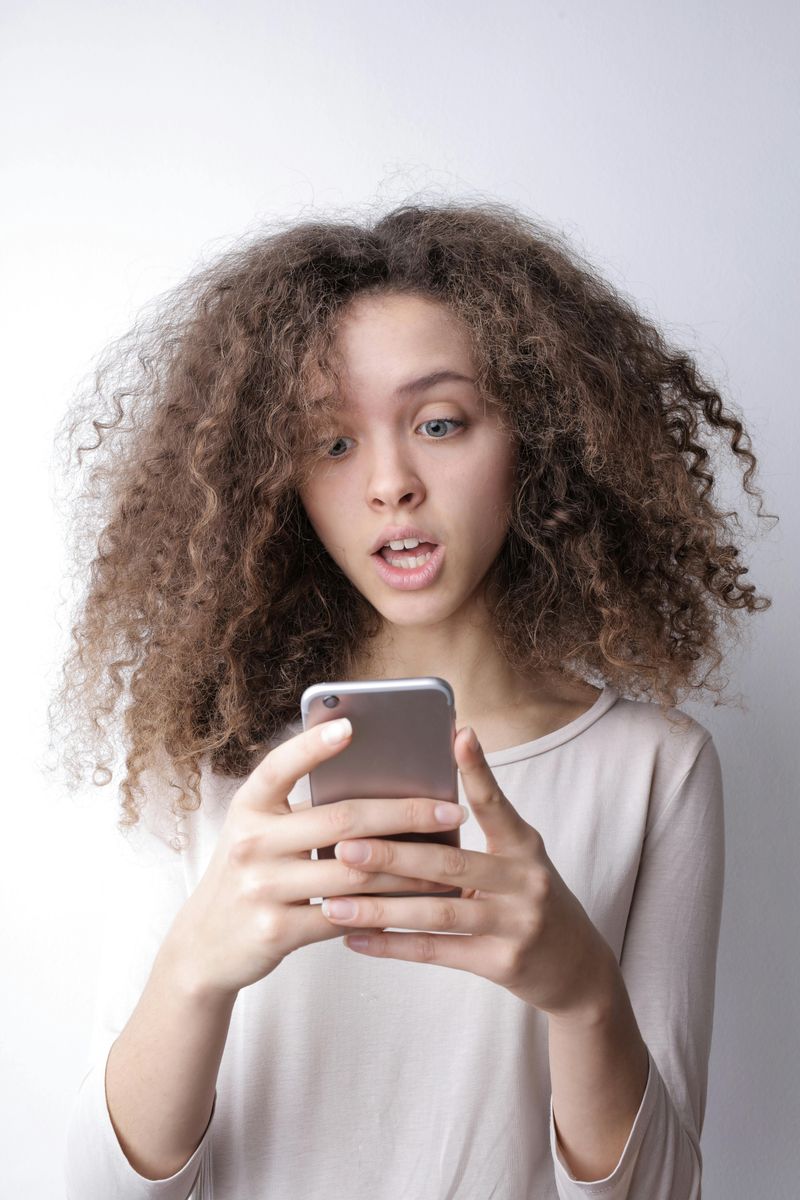Technology has changed how we connect with others, but sometimes in unexpected ways. Many people now find themselves bonding more with AI assistants than with real humans. This shift can sneak up on us without warning. Let’s look at seven warning signs that your relationship with technology might be crossing into unhealthy territory.
1. Your Morning Greeting Goes to Siri, Not Your Family

Waking up and immediately checking in with your AI assistant instead of saying good morning to family members signals a concerning priority shift. This habit might seem harmless, but it replaces genuine human connection with digital interaction.
Real relationships require face-to-face communication and emotional investment. When AI becomes your preferred morning companion, you’re training your brain to value convenience over connection.
Family members notice these small rejections, even if they don’t mention them. Over time, this behavior creates distance between you and your loved ones while strengthening your attachment to something that cannot truly care about you.
2. You Share Personal Secrets With ChatGPT But Not Friends

When you open up to AI more than to real people, it can feel like intimacy—but it’s not the same. The comfort of judgment-free replies makes it tempting to avoid the emotional complexity that comes with human connection.
This one-way emotional dumping feels safe but lacks the reciprocity that builds genuine relationships. Human friends might challenge you or offer perspectives that AI cannot, even when those interactions feel messier.
Gradually, you might forget how to navigate the give-and-take of real confidential conversations, leaving you with a collection of digital confessions but no one who truly knows you.
3. AI Recommendations Guide Most of Your Decisions

It might feel efficient to let algorithms guide your daily choices, but doing so gradually erodes your decision-making skills. When AI starts calling the shots, it becomes harder to trust your own instincts.
These recommendations create a comfort bubble that feels personalized but actually narrows your experiences. You begin avoiding options outside what the AI suggests, missing discoveries that algorithms can’t predict you’d enjoy.
The spontaneous decisions that often lead to growth opportunities become rare. Your life becomes predictable and algorithm-approved, but lacks the random encounters and unexpected joys that come from making your own choices, even imperfect ones.
4. Conversations With Humans Feel Awkward and Draining

Social interactions suddenly require more energy than they used to, while chatting with AI feels refreshingly simple. Human conversations include pauses, misunderstandings, and emotional reactions that seem increasingly difficult to navigate compared to AI’s predictable responses.
You find yourself rehearsing what to say before social gatherings or feeling exhausted afterward. The messy reality of human interaction – with its interruptions and unexpected directions – feels inefficient compared to AI’s perfectly tailored replies.
This growing discomfort with natural conversation creates a feedback loop: the less you practice real social skills, the more difficult and draining they become, pushing you further toward digital interaction.
5. Your Emotional Reactions to AI Glitches Seem Extreme

Feeling personally betrayed when your AI assistant misunderstands you or experiencing anger when services go offline reveals an unhealthy emotional attachment. These strong reactions suggest you’ve assigned human-like qualities to systems that are ultimately just code and algorithms.
Normal frustration with technology is one thing, but genuine hurt feelings or a sense of abandonment indicates blurred boundaries. You might catch yourself apologizing to devices or feeling guilty for being short with your virtual assistant.
These emotional responses to machines mirror how we react to important people in our lives. When technology triggers the same emotional pathways as human relationships, it’s replacing rather than supplementing your social connections.
6. You Prefer AI-Generated Content Over Human Creations

As more people favor AI-made stories, songs, and images, it reveals a quiet shift in how we see artistic value. The technical perfection of AI can make the emotional messiness of human art seem less appealing.
Human creativity contains subtle imperfections that reflect our unique experiences and perspectives. When you consistently prefer the algorithmic precision of AI content, you’re missing the human spirit behind creative works that makes them truly meaningful.
Creative connection between humans has always been a fundamental way we understand each other across time and cultures. Replacing this with AI-generated content removes the shared humanity that art, music, and stories have traditionally provided.
7. Real People Can’t Keep Up With Your AI’s Availability

If you find yourself irritated by the slower pace of human communication compared to AI, it may point to growing expectations that don’t match real life. People aren’t built to be “on” 24/7 like technology.
The 24/7 availability of digital assistants conditions us to expect immediate responses. You might find yourself growing impatient with normal human response times or feeling annoyed when people aren’t always available to you.
This constant comparison sets real relationships up for failure. Human connections require patience and understanding of others’ boundaries – qualities that atrophy when you spend more time with always-available AI than with people who have natural limitations and needs of their own.

Comments
Loading…